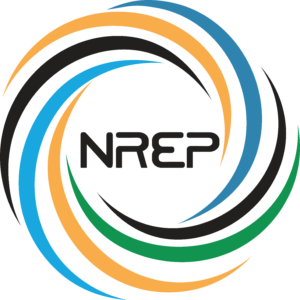NREP Highlights
Livelihoods and Conservation in Focus as Uganda Hosts Renewable Energy Conference 2025”
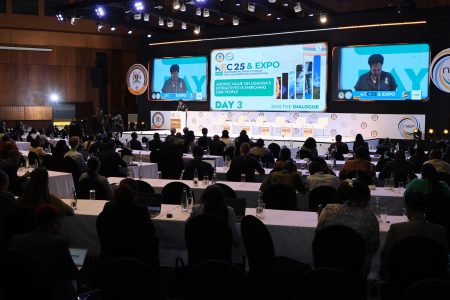
The 5th Annual Renewable Energy Conference & Expo (REC25) convened in Kampala from 20–22 October 2025, bringing together government, development partners, the private sector, academia, and civil society to accelerate Uganda’s clean-energy transition. Organized by the Ministry of Energy and Mineral Development in partnership with the National Renewable Energy Platform (NREP), this year’s event was held under the theme “Transforming Energy Systems for Livelihoods & Conservation,” a call to align climate-friendly technologies with inclusive economic opportunities.
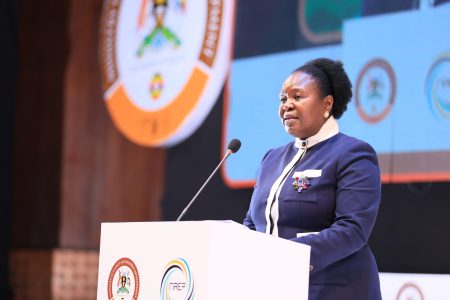
Opening sessions emphasized practical, cross-sector collaboration. Hon. Dr. Canon Ruth Nankabirwa Ssentamu, Minister of Energy and Mineral Development, urged continued partnership across all stakeholders, noting: “Together we can build an energy sector that is sustainable, inclusive, and competitive one that safeguards the environment and positions Uganda as a model in the region.” Her message underscored the conference’s focus on balancing conservation with human development, reflecting Uganda’s vision for universal access to clean and affordable energy. Throughout the three-day conference, participants explored opportunities in clean cooking, off-grid electrification, renewable financing, and productive use technologies, while new initiatives including the Clean Cooking Unit and biofuels blending programme highlighted government commitment to policy action. Exhibitors showcased innovative solar, clean cooking and bioenergy solutions designed to power livelihoods and support rural enterprises.
For those who missed the sessions, live streams and full recaps of REC25 are available on the NREP YouTube channel. Follow the link below to catch up on the key moments and insights.
RE Sector Highlights Around the Region and Globe
1. Uganda Launches Clean Cooking Unit, Targets 2040 Access Goal
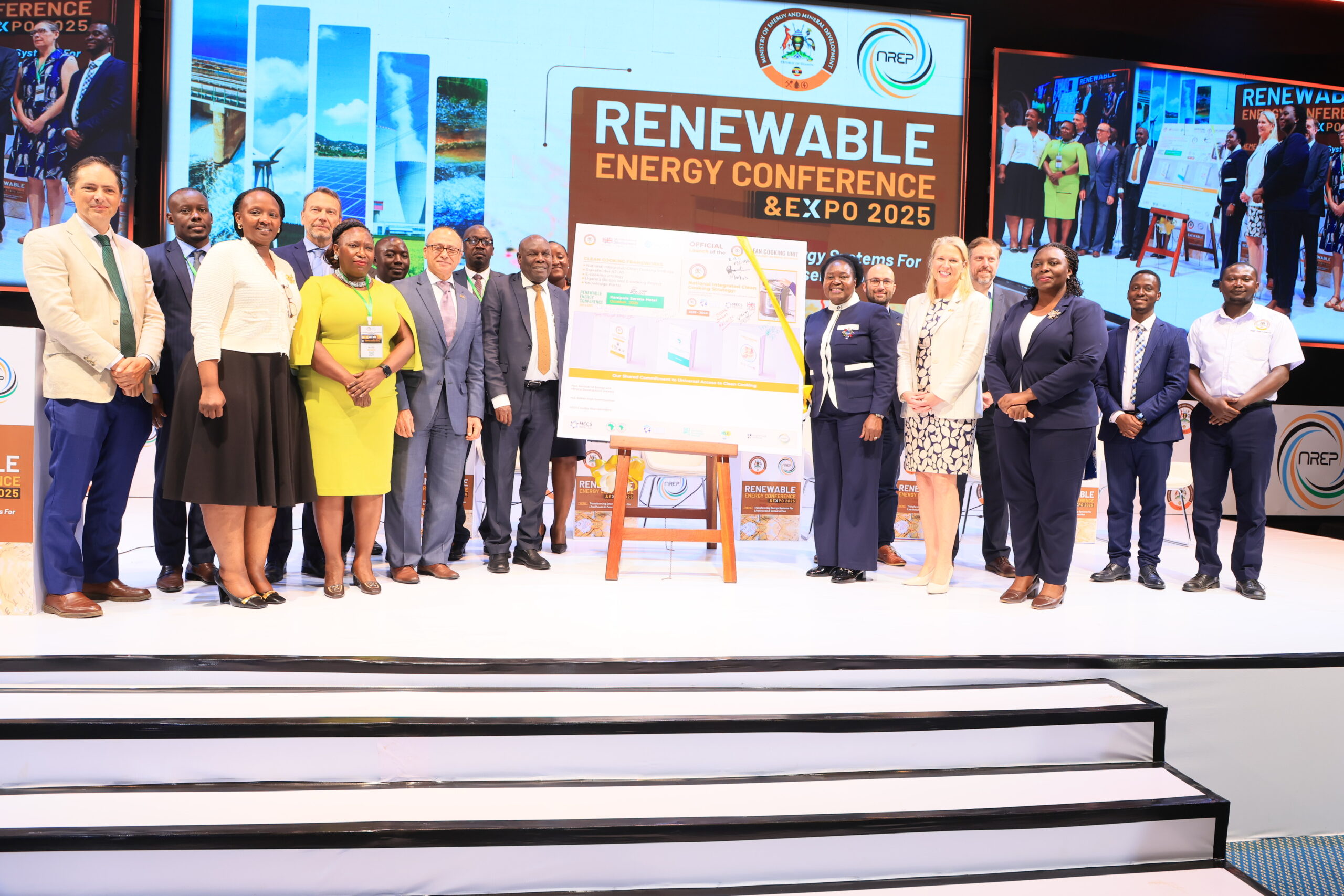
The Ugandan government launched a “Clean Cooking Unit” on Monday, Oct. 20, a new body created to coordinate policy and financing for Uganda’s shift to cleaner cooking solutions. The announcement came during the 2025 Renewable Energy Conference and Expo in Kampala. The initiative is part of a project backed by the UK’s Foreign, Commonwealth & Development Office (FCDO), with technical support from the Global Green Growth Institute (GGGI), the Modern Energy Cooking Services (MECS) program, and the National Renewable Energy Platform (NREP). It aims to strengthen coordination, attract investment, and speed up universal access to clean cooking by 2040.
2. Uganda’s Renewable Energy Push: Transforming Systems for Livelihoods and Conservation
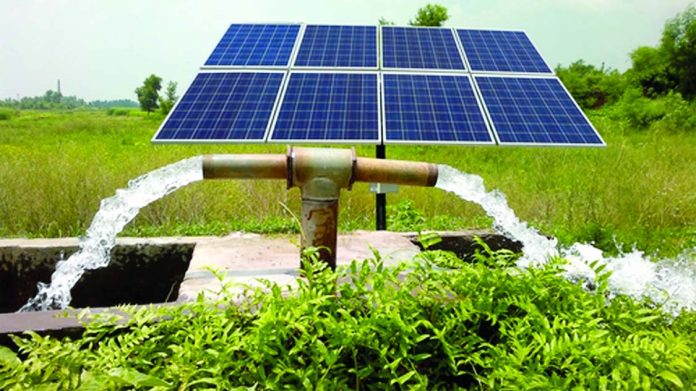
Uganda’s journey toward a sustainable energy future took center stage at this year’s Renewable Energy Conference, held under the theme “Transforming Energy Systems for Livelihoods and Conservation. ” The conference brought together key players from government, the private sector, and development partners to discuss the country’s progress and the urgent need for cleaner, more inclusive energy solutions. Reflecting on the country’s progress, Dr. Nicholas Mukisa, the Deputy National Coordinator at the National Renewable Energy Platform, noted that Uganda has made important strides in energy access over the years. Read More
3. UECCC’s Baguma Calls for Greater Investment in Renewable Energy and Clean Cooking
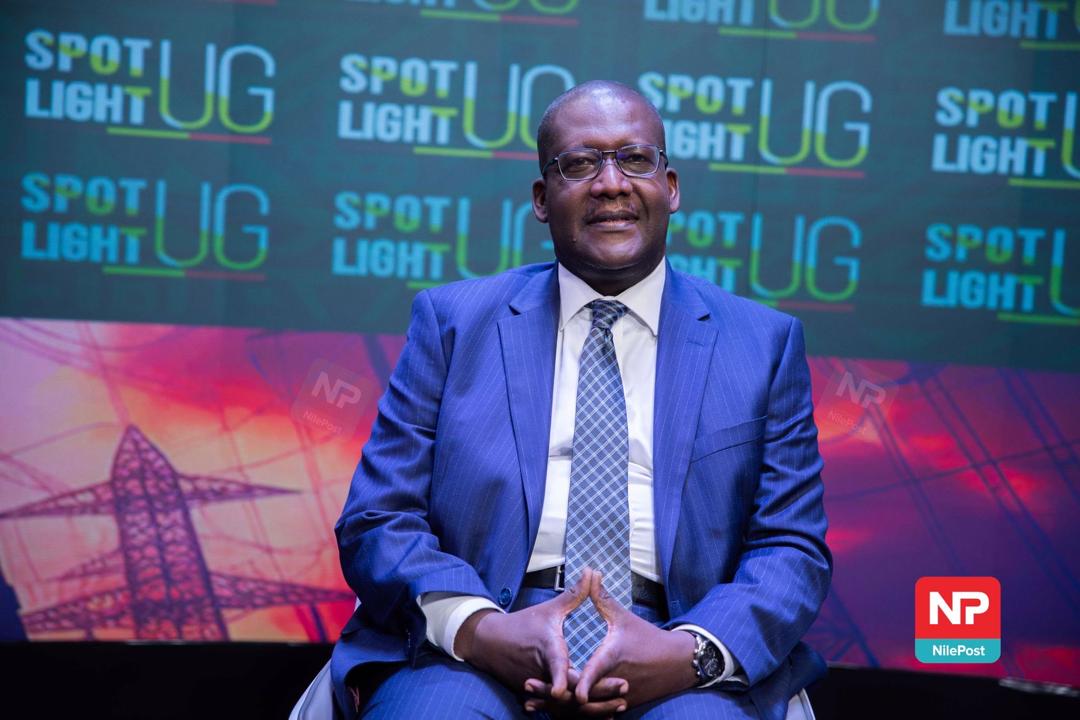
The Managing Director Uganda Energy Credit Capitalisation Company (UECCC), Roy Nyamuntale Baguma, has emphasised the critical role of renewable energy and clean cooking technologies in driving Uganda’s sustainable development and economic growth. Speaking during Spotlight Uganda hosted by NBS Television on Monday under the theme “Powering Uganda's Growth: Access, Reliability and Expansion,” Baguma highlighted the increasing demand for renewable energy solutions and the government’s commitment to accelerating access to modern energy services across the country.
4. EU pumps additional Shs243b into last-mile power project
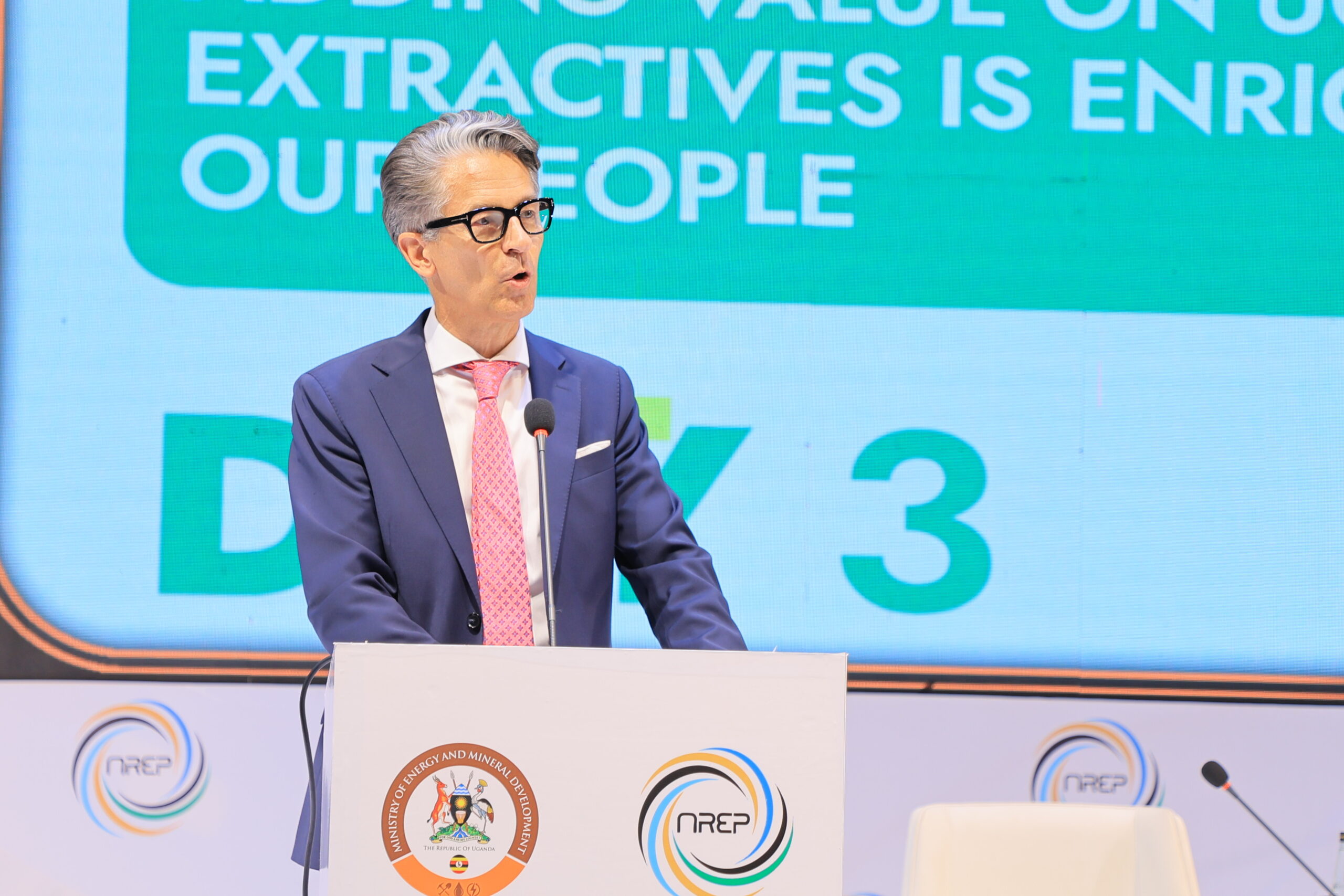
The European Union (EU) has committed an additional €60 million (about Shs243 billion) to Uganda’s last-mile connectivity project, further boosting the government’s push to expand affordable electricity access to rural households. Development Bank (AfDB) and other partners, was initially expected to conclude by December 2022. It aims to connect thousands of rural homes to the national grid and drive socio-economic transformation through improved access to power. Announcing the new funding, Energy and Mineral Development Minister Ruth Nankabirwa revealed that the EU’s support follows fresh discussions held in Brussels.
5. Ugandans urged to embrace clean energy to save forests

The Manager Conservation education awareness at Uganda Wildlife Authority (UWA), Ms Vanice Mirembe has urged Ugandans to embrace the use of clean energy in order to combat the rapid environmental degradation caused by deforestation across the country. Ms Mirembe made the remarks at the first Uganda Wildlife Authority clean energy exhibition, targeting schools at the Uganda Wildlife Conservation Education Centre (UWEC-CA) on Friday.
6. EU to fund Kiira-Nalubaale hydropower station repairs
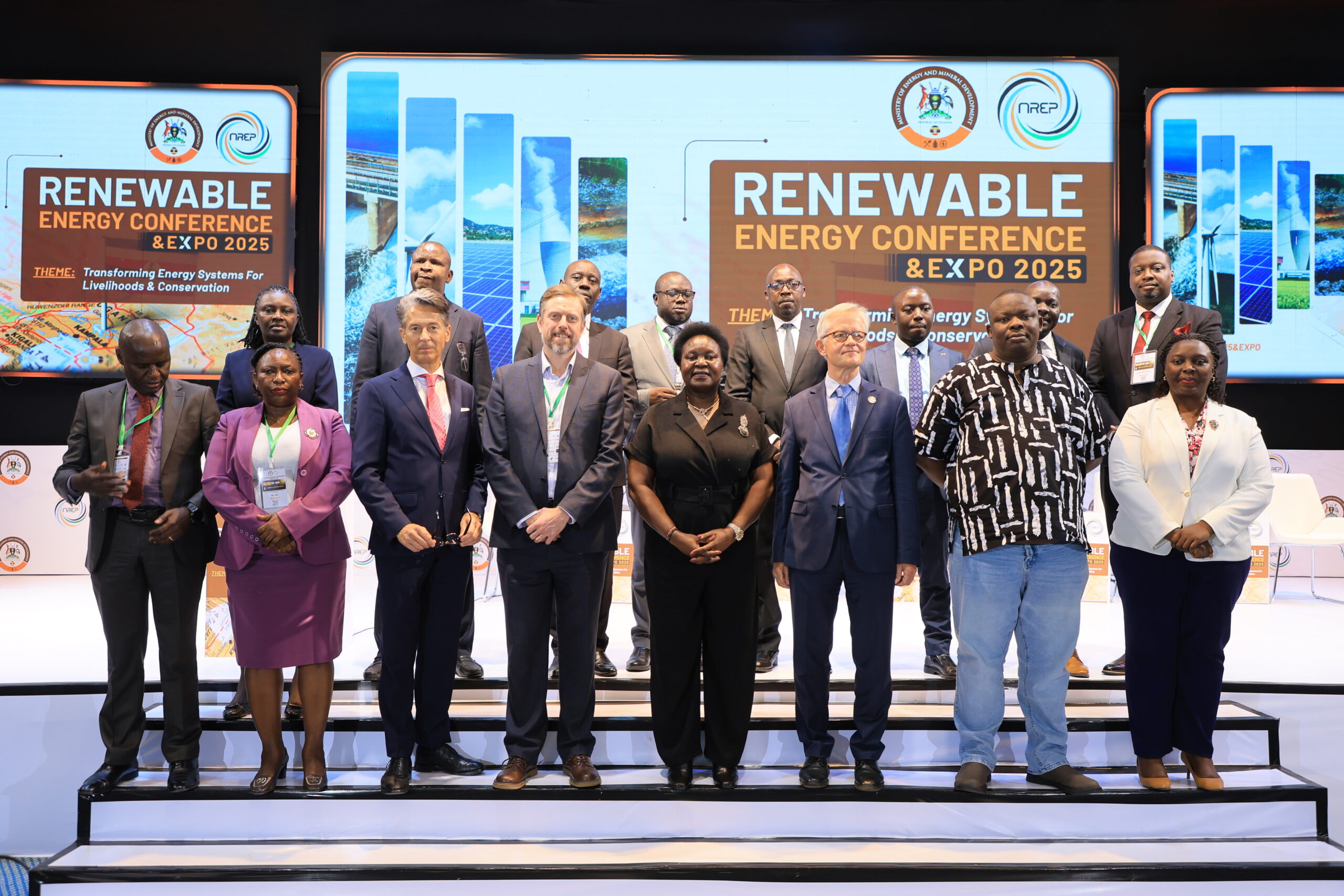
The last-mile connectivity project was launched in 2021 with support from the African Development Bank (AfDB) and other partners to connect 87,500 rural households to affordable electricity. Initially, the project was expected to conclude by the end of 2022. In September 2015, the AfDB extended a $100m to support the initiative, alongside an €11.2 million grant (about $13m) from the EU’s Africa Infrastructure Trust Fund. Ms Nankabirwa also revealed that government had secured EU funding to renovate key hydropower stations, Kiira and Nalubaale, to achieve a combined generation of 380 megawatts. While details on the exact funding amount and timeline were not disclosed, the announcement follows an EU delegation’s tour of the stations last October. Additionally, Uganda Electricity Generation Company Limited invited Expressions of Interest in July for consultants to conduct an Environmental and Social Impact Assessment for the planned rehabilitation of Nalubaale (180 MW) and Kiira (200 MW).towering kilns.
7. Uganda and EU Accelerate E-Mobility Drive to Promote Greener Transport
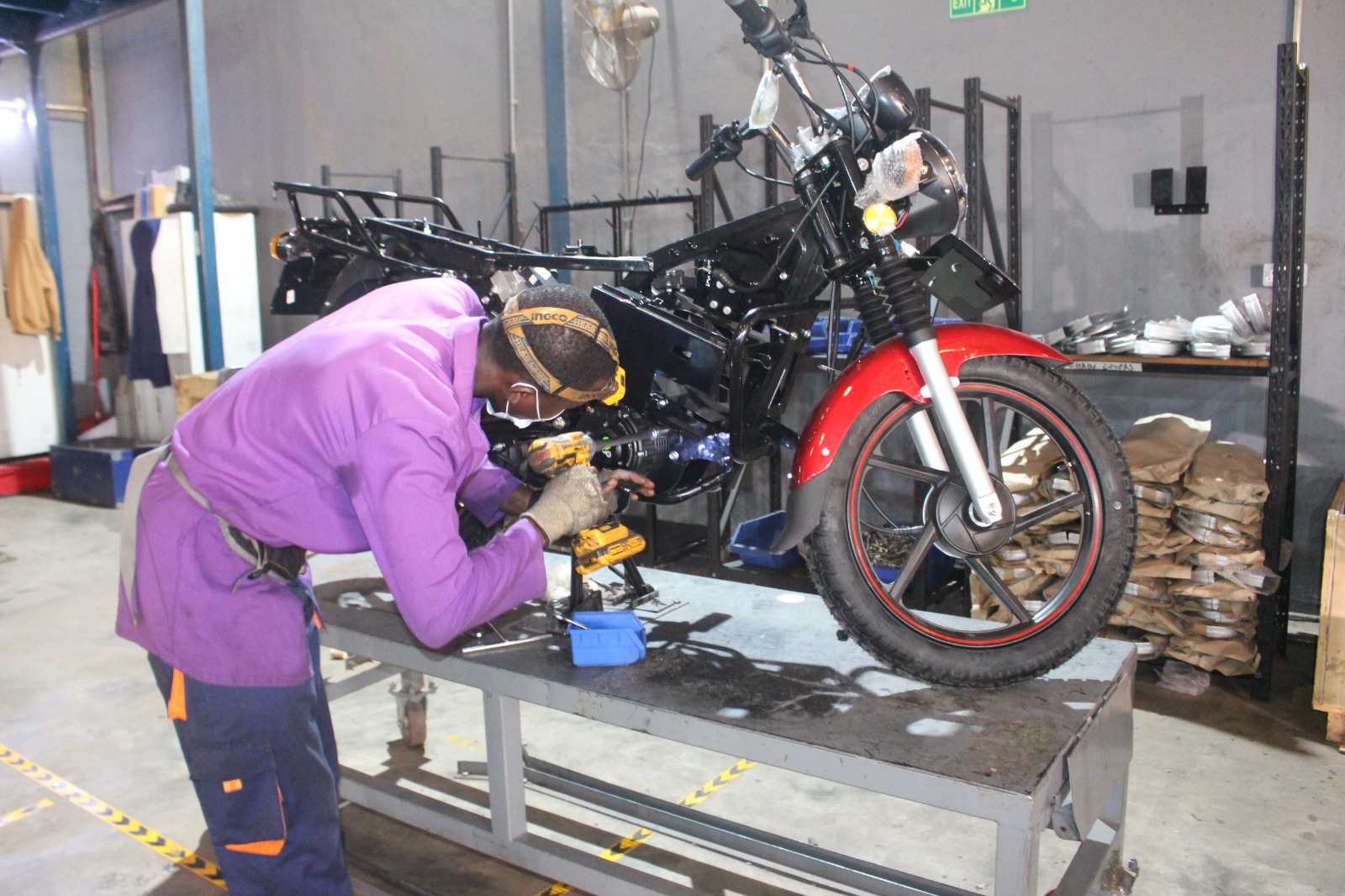
Uganda’s push for clean transport took a major step forward as Energy Minister Dr. Ruth Nankabirwa and European Union Ambassador Jan Sadek toured Gogo Electric charging and battery swap stations in Kampala on Wednesday. Nankabirwa said the government is finalizing a new electricity tariff specifically for e-mobility to make charging more affordable and attract more riders to electric motorcycles. She also announced tax waivers and flexible payment options to make locally manufactured electric boda bodas more accessible. “We want a tariff that encourages people to shift to e-mobility,” the minister said. “By 2026, all boda bodas in Kampala should be electric.”
Upcoming Events
• International Conference on Sustainable Energy Management and Renewable Energy
Atlantic Federation for Technical Education & Research (AFTER) is proud to host this event, which serves as a leading international stage for showcasing the latest advancements and innovations in the field. Our aim is to provide a dynamic platform where industry professionals and academics can come together to exchange ideas and discuss the latest developments.The focal point of this conference is to provide attendees with a chance to share their knowledge and insights with a worldwide audience. Our comprehensive program will include industry-driven presentations, expert panels, and keynote speeches from global thought leaders. As a highly anticipated event, drawing the attention of the global academic community, this conference will be built on the bedrock of outstanding research contributions by highly talented professionals from the global research community, public sector, and industry.
• How can battery storage accelerate the energy transition in Africa?
In sub-Saharan Africa, the deployment of mini-grids is a key lever for accelerating electrification, especially in rural areas. Their performance and sustainability rely on a central element: batteries, which stabilize renewable energy production and ensure a continuous supply. This morning of discussions will address energy storage needs, priorities, and financing mechanisms before focusing on the application of batteries to mini-grids. Experts and industry stakeholders will shed light on how energy storage can accelerate the energy transition in sub-Saharan Africa. The event will highlight two recent AFD studies and give the floor to several stakeholders in the field to share their concrete experiences
Be Where Innovation Meets Impact
Join us at upcoming NREP events designed to spark ideas, foster partnerships, and shape a sustainable future.
Funding Opportunities
WiSER Pioneers Program 2026
The program provides women with the skills and knowledge needed to lead the transition to a net-zero future.
Venture Building Fellowship
By applying to Anzisha you stand a chance to win a share of grand cash prizes valued over $50 000 and business support for your business. Africa’s future lies in your hands and we want to celebrate your potential to grow your country’s economy and create jobs.
GET.invest Finance Advisory
The GET.invest Finance Catalyst provides bespoke advisory support to later-stage clean energy projects and companies through a team of independent experts. The GET.invest Finance Readiness Support exclusively assists early-stage, locally-owned and managed companies in becoming ready for their first formal investment
D-Prize Challenge
Startup grants of up to $20,000 are available for entrepreneurs launching new organizations. The goal is to increase the number of social impact ventures—whether for-profit, NGO, or charity—focused on addressing extreme poverty in low- and middle-income countries.
Startupbootcamp Accelerator – Energy and Climate
Participants have access to a 3-month in-person accelerator designed to enable growth at speed, and €25,000 cash investment per startup to cover expenses during the program, plus €100,0000 worth of in-kind services.
Spark + Africa Fund
From microfinance institutions in rural Benin, to stove manufacturing companies in Zambia, to vertically-integrated fuel utilities in Kenya, we offer a range of financing solutions to companies throughout the supply chains of numerous clean and modern cooking fuels and appliances. The common thread is that companies play a role in scaling up the use of alternatives to dirty and unsustainable cooking practices in Africa.
Productive Use Financing Facility
A program by Karlsruhe Institute of Technology (KIT) and Circle Innovation supporting GreenTech, HealthTech, AgriTech, and e-mobility start-ups with tech development, market validation, and access to Germany’s innovation ecosystem.


